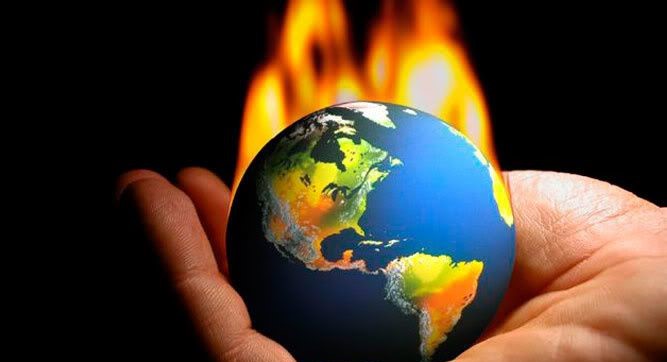
Higher education institutes have a critical role to play in driving the scientific, political, technological, and cultural change needed to avoid the worst-case climate change scenarios, and in advancing the societal adaptive capacities needed to meet the ongoing challenges posed by the ongoing environmental crises.
In response to the intensification of the environmental problems, growing numbers of institutes of higher education are declaring climate emergencies and making public commitments to supporting and contributing to the realisation of global environmental and social goals. Further, many dedicated individuals working in the sector are already driving meaningful action through rigorous research, teaching, knowledge sharing, and public engagement. There is a growing consensus that sector-wide change is needed to ensure that aspirational declarations and positive individual actions translate into sustainable and transformative change.
To contribute to such efforts the Worldwide Universities Network (WUN) Education in a Warming World Research Consortium is launching the Tertiary Education in a Warming World report.
It is intended to be a resource to other academics and policymakers who are also grappling with promoting a robust climate change and sustainability agenda within tertiary education.
The report illustrates a number of trends, examples, and reflections on how third-level educational institutes can work towards creating a more sustainable future. Drawing on Tristan McCowan’s framework, the research group focuses on five modalities of third-level institutional operations, to provide an analytical lens to understand better the complex interplay between higher education institutes, societies, and climate change.
Specifically, they focus on the following dimensions:
- Education: the importance of highlighting the powerful structural forces driving the crisis, and engaging in empowering classroom practice
- Knowledge production: engaging diverse perspectives and pedagogies, including Indigenous knowledge systems, and arts-based approaches
- Service delivery: providing climate change education to professionals across various sectors
- Public debate: how third-level educational institutes can support academics to engage in climate advocacy
- Campus operations: whole-systems approaches to greening the campus and engaging in sustainability initiatives in local communities
The research consortium situates their reflections within this framework as a helpful structure that considers the multiple dimensions of institutional action, builds on it, and engages with it by considering relevant literature and case studies from the universities that form the Education in a Warming World research consortium (view members on this page).
About the Education in a Warming World consortium
The consortium comprises university academics with a broad range of expertise in education, sociology, climate change, science communication, health, sustainability, and human behaviour. The group has interest and experience in promoting sustainability and climate change education portfolios at the tertiary level. The consortium aims to contribute to the growing field of transdisciplinary work dedicated to understanding the evolving role of education in this era of rapid climatic change.